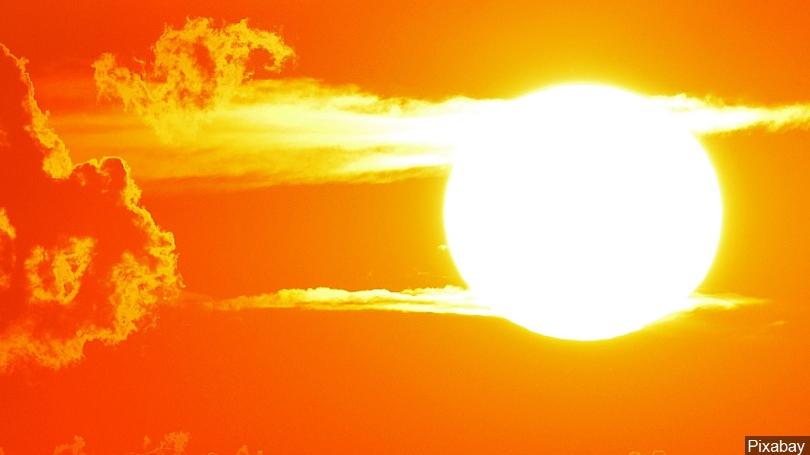

Stay Cool
- Choose lightweight, light-colored loose fitting clothing
- Stay in air conditioned space as much as possible. If you do not have air conditioning, go to a public place with air conditioning and contact your local health department to see where heat relief shelters are in your area. Fans provide some comfort, but if heat is in the high 90s they will not prevent heat related illness.
- Use stove and ovens less to maintain lower temperatures in your home.
- Try to limit outdoor activities to when it is cooler in the morning or evening hours.
- Cut down on exercise during the heat. If exertion causes your heart to pound or leaves you gasping g for breath, STOP all activity. Get to a cool area and rest.
- Sunburn affects the body’s ability to cool down and can contribute to dehydration, so always protect yourself with a wide brimmed hat, sunglasses and sunscreen with SPF 15 or higher.
- Do not leave children or pets in cars. Cars can quickly heat to dangerous temperatures.
- Avoid hot and heavy meals.
Stay Hydrated
- Drink plenty of fluids. Don’t wait until you are thirsty to drink.
- Stay away from sugary or alcoholic drinks. These actually cause you to lose more body fluid.
- Avoid very cold drinks as they can cause stomach cramps.
- A sports drink can replace salts and minerals you lose in sweat.
- Keep your pets hydrated by always providing water and keeping water in a shady area.
Stay Informed
- Check for updates on your local news regarding extreme heat alerts.
- Learn the signs and symptoms of heat related illness. If you are over 65 have a friend or relative call to check on you twice a day during extreme heat.
Monitor those at high risk including infants and young children, those over the age of 65, those who are overweight, those who overexert, and those who are physically ill.
Leave a Reply